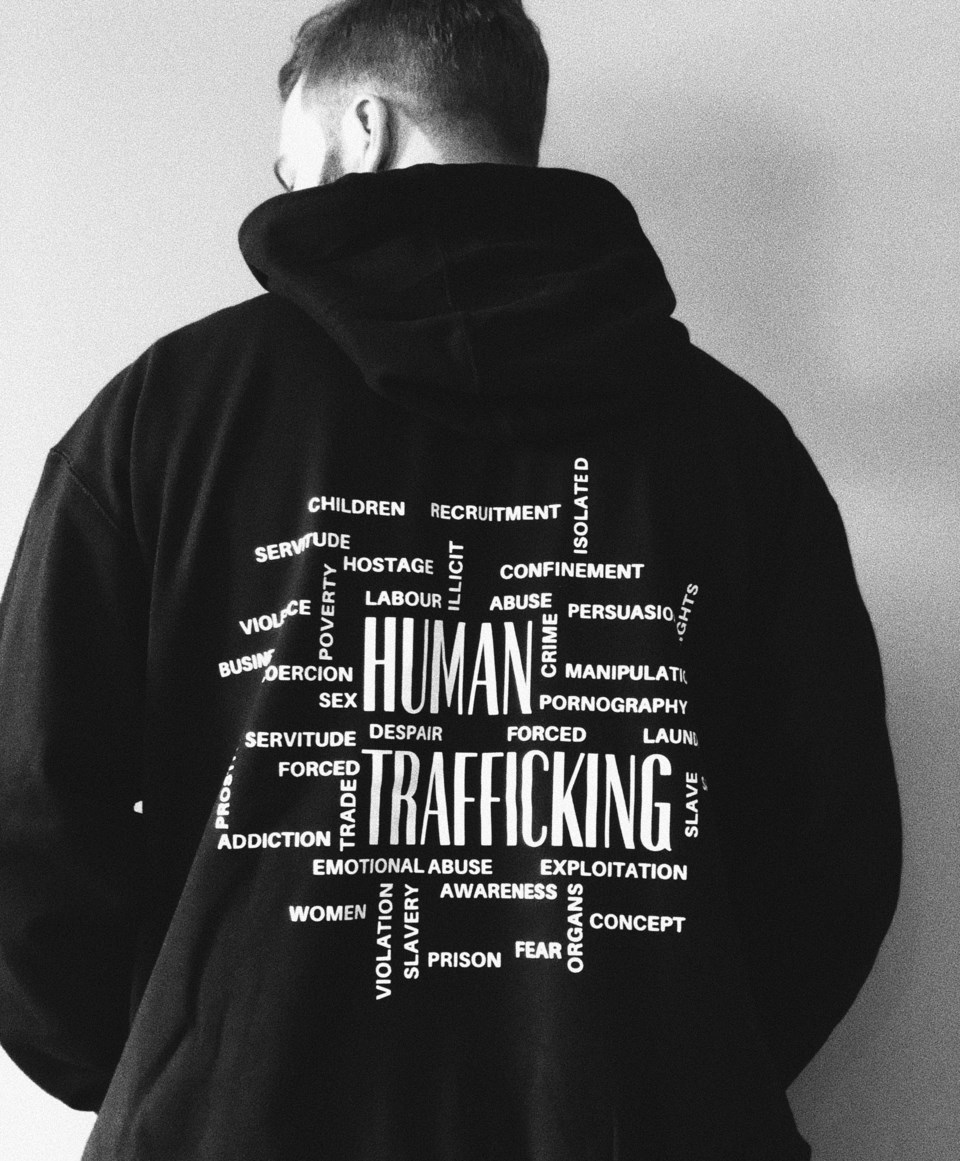“Anyone can be a victim,” is the critical message of this year’s human trafficking campaign, according to a news release from the Colorado Department of Public Safety.
January is Human Trafficking Awareness month in Colorado and the state is launching a campaign to raise public awareness.
“Human trafficking can be difficult to recognize. The public may not realize that people don’t always recognize that what they’re experiencing is human trafficking. The 2023 campaign puts into words that gut feeling that something isn’t right. It helps people identify human trafficking for what it is: a crime,” the news release states.
Human trafficking is defined as a crime wherein someone severely exploits another person for the purposes of compelled labor or commercial sex using force, fraud, or coercion.
Human trafficking can happen in any industry including restaurants, agriculture, hospitality and many others, said Maria Trujillo, human trafficking manager for the Colorado Department of Public Safety.
“It’s really about someone’s denial of basic human rights, freedom and dignity,” Trujillo said.
According to thisishumantrafficing.com — Colorado’s website on human trafficking — statistics concerning human trafficking are “hard to quantify.” Each year a report is created to provide a comprehensive overview of the work the Colorado Human Trafficking Council has accomplished.
According to the website, the lack of such statistics emphasizes the point that more public awareness is needed.
Homeland Security Investigations, or HSI, opened 947 human trafficking investigations in the U.S. in 2020. This number was down from 1,024 investigations in 2019 and up from 849 in 2018. Of those, there were 28 cases in Colorado in 2018 and 13 in the following two years. Boulder and Broomfield counties each reported one case of human trafficking in 2018, according to the 2021 annual report.
“It (human trafficking) is not likely what you see portrayed in sensationalized news or media, like the movie ‘Taken.’ That is not a typical trafficking situation,” Trujillo said.
The goal of the campaign is to help more Coloradans be able to identify when something feels “off” and to report it, Trujillo said.
“Human trafficking is really complex and there’s quite a checklist to help identify someone who is experiencing trafficking because it also intersects with so many other crimes or will look like other crimes, such as domestic abuse,” Trujillo said.
Human trafficking victims tend to be people with a vulnerability that a trafficker can exploit. When identifying someone who may be a victim, people should look for signs of severe anxiety, nervousness, excessive fear, someone who isn’t allowed to speak for themselves or who feels as though they are always being watched even when they are alone. Human trafficking victims can be of any age, gender, race, identity or nationality.
Trujillo acknowledges that it is hard to identify victims of human trafficking and that it can take trained professionals years to be certain in some cases.
Her department is not asking the public to become experts in human trafficking but to become more educated by visiting the state's website or signing up for trainings — which can be online or in person for individuals or groups. This year’s campaign also includes placing campaign materials in vaccine buses, rest stops, visitor centers, bars and restaurants and other locations where potential victims or witnesses may see them.
If you or someone you know is a victim of human trafficking or suspects they are a witness to human trafficking, you can call 866-455-5075 or text 720-999-9724.
Trujillo encourages people to call the number above even on suspicion and let the authorities figure out if the claim is valid or not. Calls can be made anonymously, she said.
“People make a difference. Since our campaign has come out … we’ve seen over a 51% increase in calls to the Human Trafficking Hotline. We;ve also seen a 58% increase in tips and referrals … We are also seeing that the quality of tips are getting better and that they are leading to investigations and opening cases,” Trujillo said.



